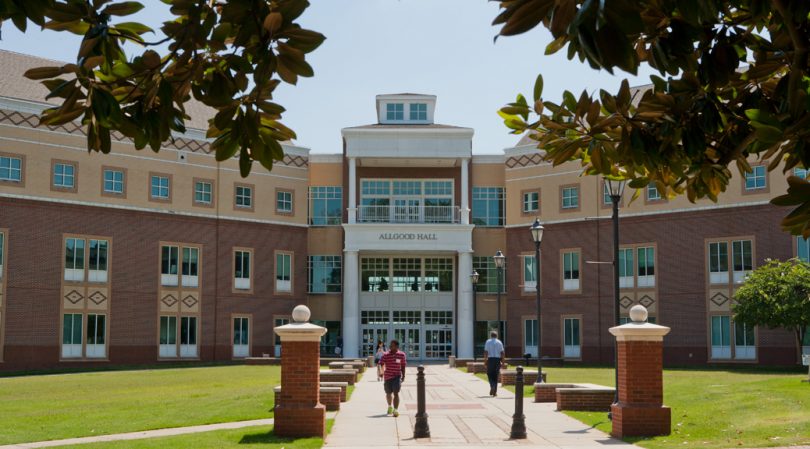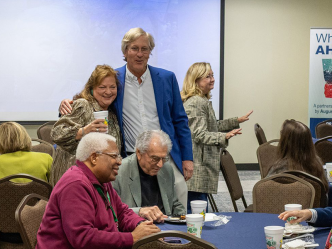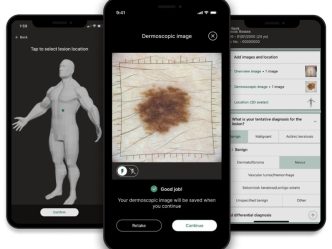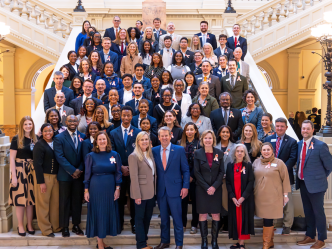While many can say they’ve experienced or lived through many changes at Augusta University, Dr. Kim Davies, Chair of the Department of Social Sciences, has seen it all.
Davies was first hired by Augusta College, but the institution had changed to Augusta State University by the time she got to campus. Then came the merger that created Georgia Regents University, which later became Augusta University.
Now, Davies is going through another change: The consolidation of Political Science department with Department of Sociology, Criminal Justice and Social Work, now named the Department of Social Sciences.
This latest consolidation came to be at the urging of Dr. Elna Green, Dean of Pamplin College of Arts, Humanities, and Social Sciences.
“She [Green] approached me about doing something with social sciences,” Davies said. “Arts, humanities, and social sciences is the name of our college. Our college gets a lot of attention for our arts and humanities, but we get a little less attention for our social sciences. And talking to Dr. Green, one of the ways we could get more attention for social sciences would be combining Political Science and Sociology, Criminal Justice, and Social Work.”
While this is a new department, this is hardly the first time the two departments have worked together. Their relationship with each other, and the amount of work they have done together, was another reason for the consolidation.
“This was a way to formalize some of the things we were doing,” Davies said. “Since the merger, we’ve developed some more classes for the Criminal Justice track of the Masters of Public Administration program, and looked at some ways we could work together with our new Masters in Intelligence and Security Studies program that should go live in the fall.”
These new courses are just the tip of the iceberg.
The consolidation also offers an opportunity for interdisciplinary studies with different perspectives, all in one department. This includes the added benefit of learning from faculty with differing degrees who offer new ways to approach their classes and research.
“One of the political scientists has a masters in social work,” Davies said. “Now, that faculty member is speaking to the director of social work. Potentially, there could be some interesting collaborations for our students in political science and social work where they can take on community issues from both perspectives.”
Davies is a strong believer in the value of interdisciplinary studies.
“We’re just smarter if we approach things from different perspectives,” said Davies. “I’m going to see something from my perspective, but I’m going to see it so much better if I have some other perspectives there.”
All of the majors and tracks in the Department of Social Sciences offer students this ability to cross-pollinate their education. Criminal Justice, for example, already illustrates how a track can be an interdisciplinary program with classes in sociology, criminal justice, political science, psychology and communications.
In terms of student recruitment, Davies is excited about the number of opportunities the Department of Social Sciences offers. With two masters programs, great internship prospects and a diverse faculty in a growing field, the department has a lot to offer those interested in the social sciences.
“I think we have to sell them on the opportunities, the things that we do,” said Davies. “That we do Model UN, that we do mock trial, that we take students to the undergraduate symposium for sociology. It’s those things that we could have always sold separately, but now, if you know all that’s happening in one department, and all these faculty are together, we can sell that.”
In spite of the changes, Davies is excited about the progress that has been made in a short period of time.
“I’m used to change. And I don’t mind it,” said Davies. “I have been here through a lot of changes, and most of the changes have been for the good. And I think that’s part of why Dr. Green chose me to lead us. I think I make the most of opportunities that we have.”
 Augusta University
Augusta University




